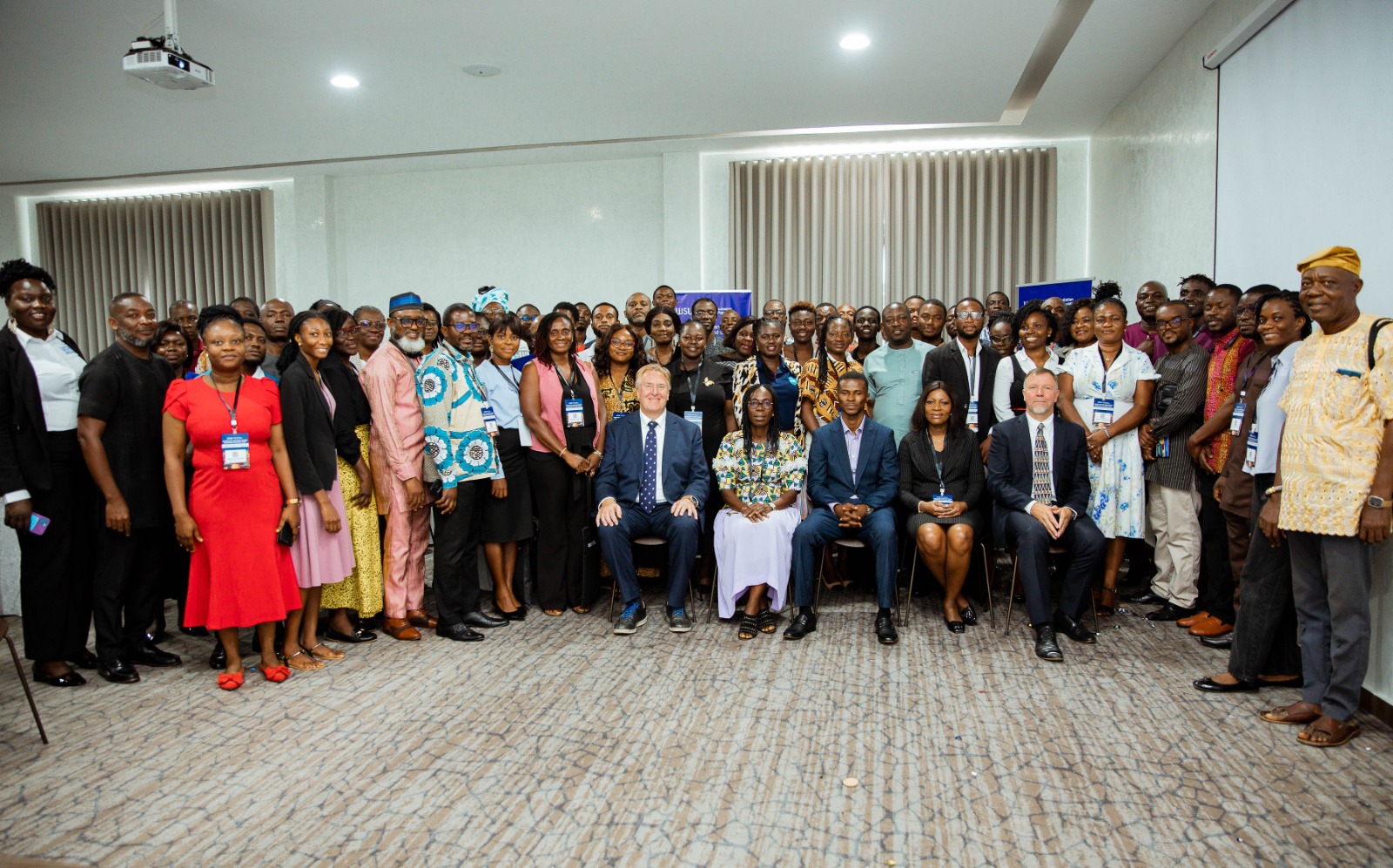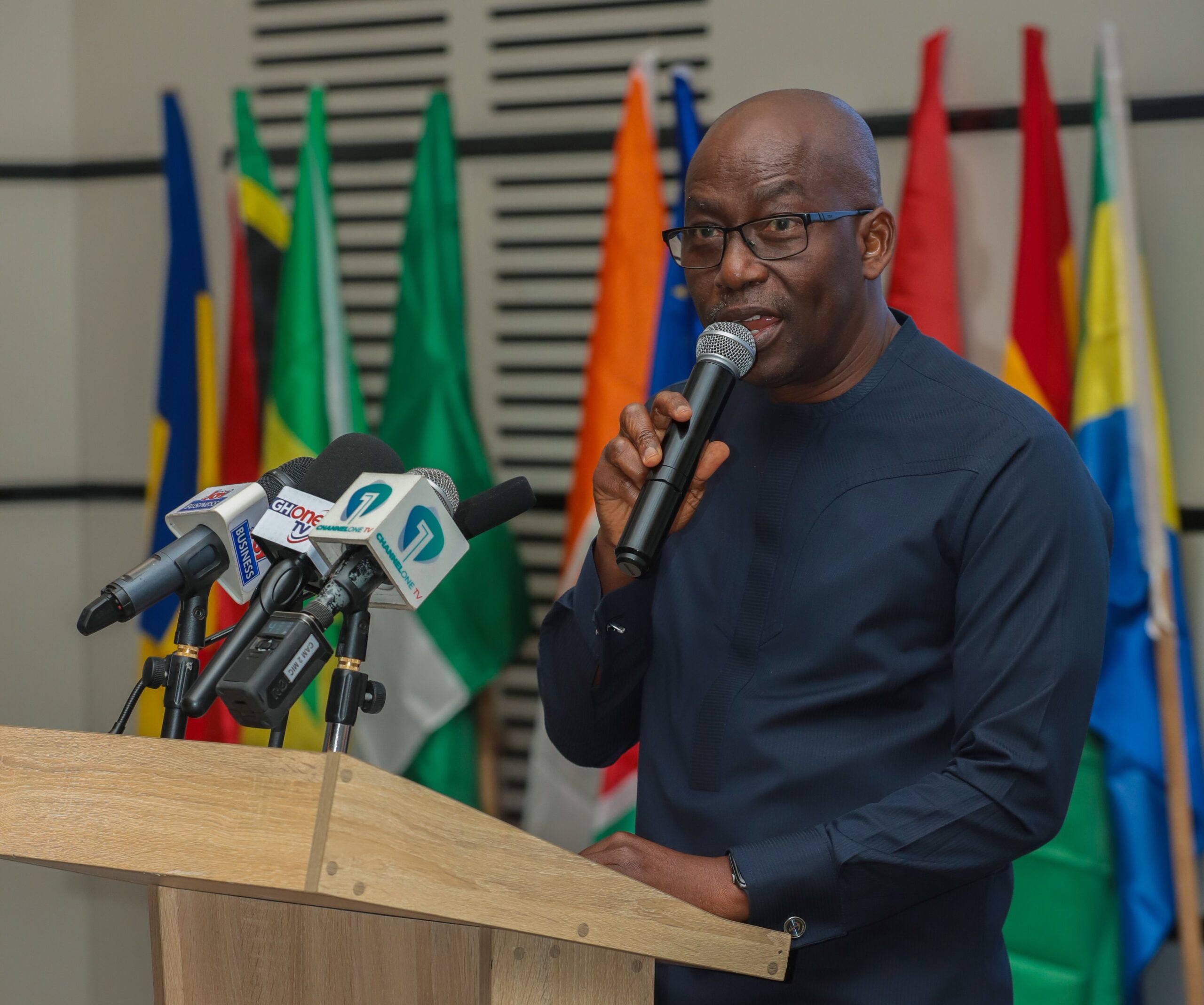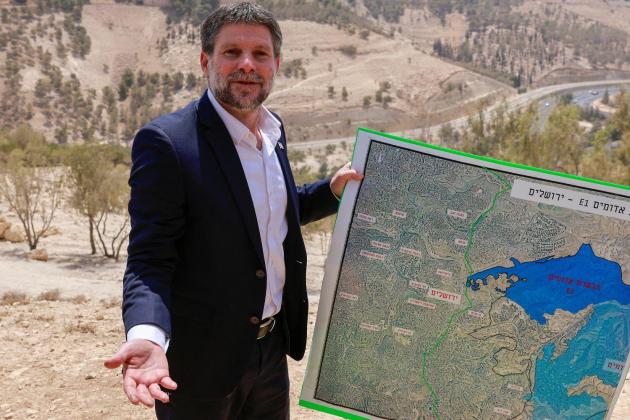By David Apinga,Myjoyonline.com 09pm
Copyright myjoyonline

Water and Sanitation for Urban Populations (WSUP) Ghana has officially launched its 2025–2030 business plan, unveiling an ambitious roadmap to expand inclusive, climate-resilient water, sanitation, and hygiene (WASH) services across Ghana’s urban and peri-urban communities.
The launch coincided with the 20th anniversary of WSUP globally and brought together high-level representatives from government, development agencies, utilities, and civil society.
Speaking at the event, Frank Kettey, Country Manager of WSUP Ghana, described the new strategy as “a bold commitment to scale what works, innovate where needed, and partner deeply to transform urban WASH in Ghana.”
The five-year plan prioritises strengthening sanitation value chains for inclusive services at scale, enhancing utility capacity for customer-focused water delivery, improving WASH in schools to boost health and learning outcomes, expanding equitable WASH services through innovative financing and building climate resilience through efficient resource use and waste management.
Since 2010, WSUP Ghana has worked with over 30 municipalities and key institutions, including GWL, CWSA, and the Kumasi Metropolitan Assembly, to strengthen systems and improve service delivery. To date, the organisation has reached 14 million urban residents with WASH services, provided 430,000 people with improved water access, delivered improved sanitation to 1.1 million people and reached 12.5 million people with hygiene education.
Ed Mitchell, CEO of WSUP Global, emphasised that the new strategy is a call to action: “Achieving real impact requires more than taps and toilets—it demands functioning systems that deliver and sustain services in the complex and challenging environments of urban slums.”
WSUP Ghana is also embracing technology for sustainability. In collaboration with the Ghana Education Service in the Ashanti Region, the organisation has introduced digital monitoring tools for WASH facilities in schools, enabling real-time data collection for maintenance and investment decisions. Similar tools are being deployed for water asset management, strengthening operations and utility decision-making.
Over the next five years, WSUP Ghana aims to scale these innovations nationwide, driving lasting impact for schools, communities, and utilities.
The organisation is calling on government, development partners, regulators, and private sector actors to join forces in building a future where every urban resident in Ghana has access to safe, affordable, and dignified water and sanitation services.
Attendees included officials from the Ministry of Local Government, Chieftaincy & Religious Affairs (MLGCRA), the Ministry of Works, Housing and Water Resources, UNICEF Ghana, the World Health Organization (WHO), Ghana Water Limited (GWL), the Community Water and Sanitation Agency (CWSA), the Coalition of NGOs in Water and Sanitation (CONIWAS), and municipal authorities, alongside international development partners.



